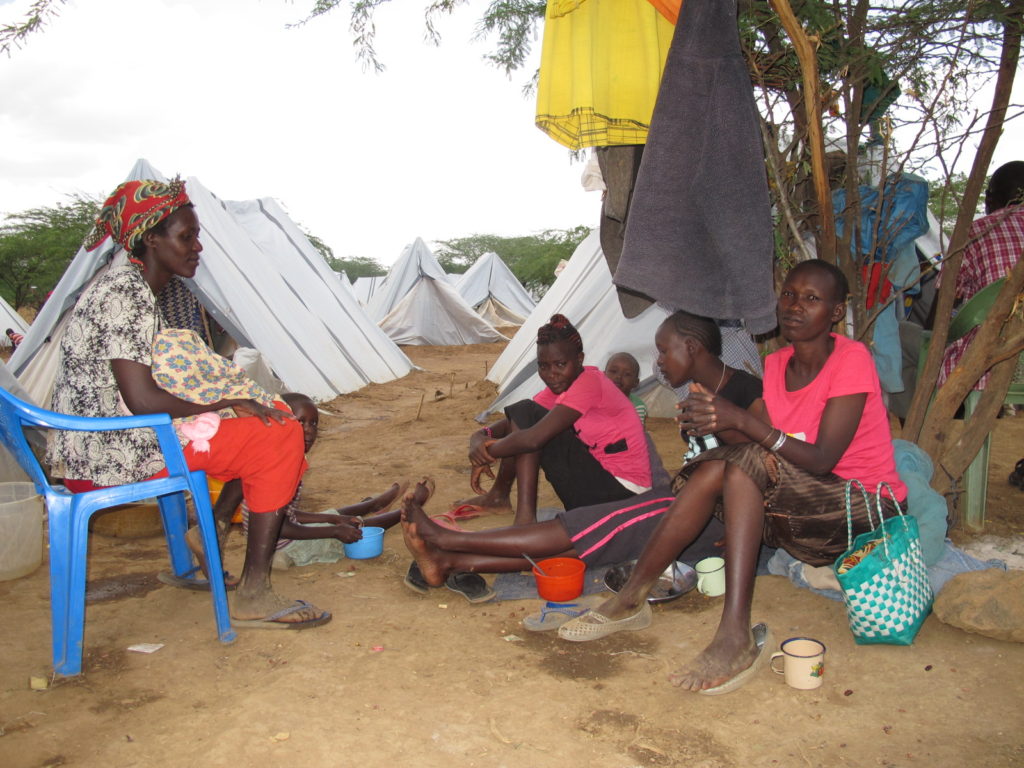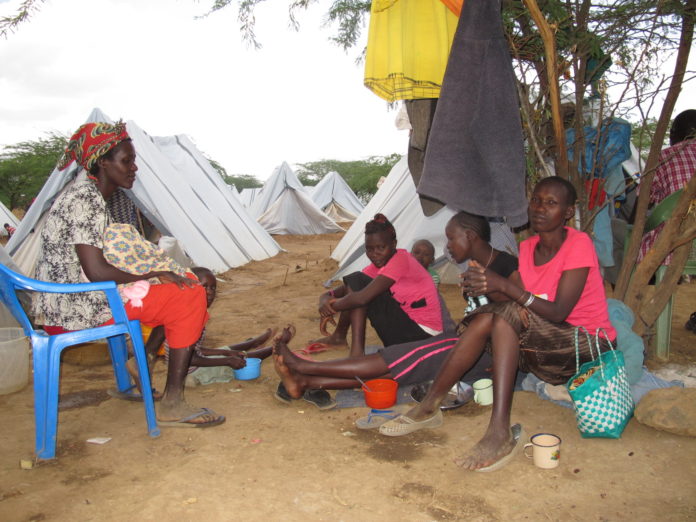By Lenah Bosibori
Kenya has received additional USD 3.7 million (Kshs 387 million) from the United Nations Population Fund (UNFPA) in support of the country’s request to procure contraceptives that are running low due to the decline of donor funding.
Speaking in Nairobi on Wednesday during the world contraception day celebrations, Dr.Ademola Olajide Kenya Country Representative said providing access to contraceptives and reproductive health services helps women thrive and prosper in local economies.

Photo : Mary Mwendwa
“There is a need for strong investment in family planning as an intervention for saving lives as well as attaining the demographic dividend,” said Olajide.
He also called upon the government to ensure that family planning commodities are adequately funded in the national and county budgets.
He acknowledged the fact that Kenya has made great slides in improving access to Family planning in the past 15 years.
According to Kenya Demographic Health Survey 2014 (KDHS 2014), the Contraceptive Prevalence Rate has increased from 39.3 per cent in 2003 to the current 58 per cent.
The Cabinet Secretary for health Sicily Kariuki also added that Kenya has made notable progress through the Linda mama (Protect the mother) program that has helped in reducing maternal new born and child mortality.
“Through the Linda mama program 62 per cent of births occur in health facilities and 65 per cent of pregnant women are delivered by personnel,” said Kariuki.
She added that the ministry will increase finance in the health sector including resourcing of family planning and reproductive health services.
Kariuki called upon the use of technology innovation in access to reproductive health information amongst the youth and adolescents.
“If we work together to answer the call for Kenyans who simply want the ability to protect their health and plan their own futures, they will return our tenfold,” added Kariuki.
She called upon the men to redouble their efforts and volunteer for HIV tests.
According to Kariuki the government has a domesticated tool of responding to HIV cases in all the 47 counties on Kenya.














